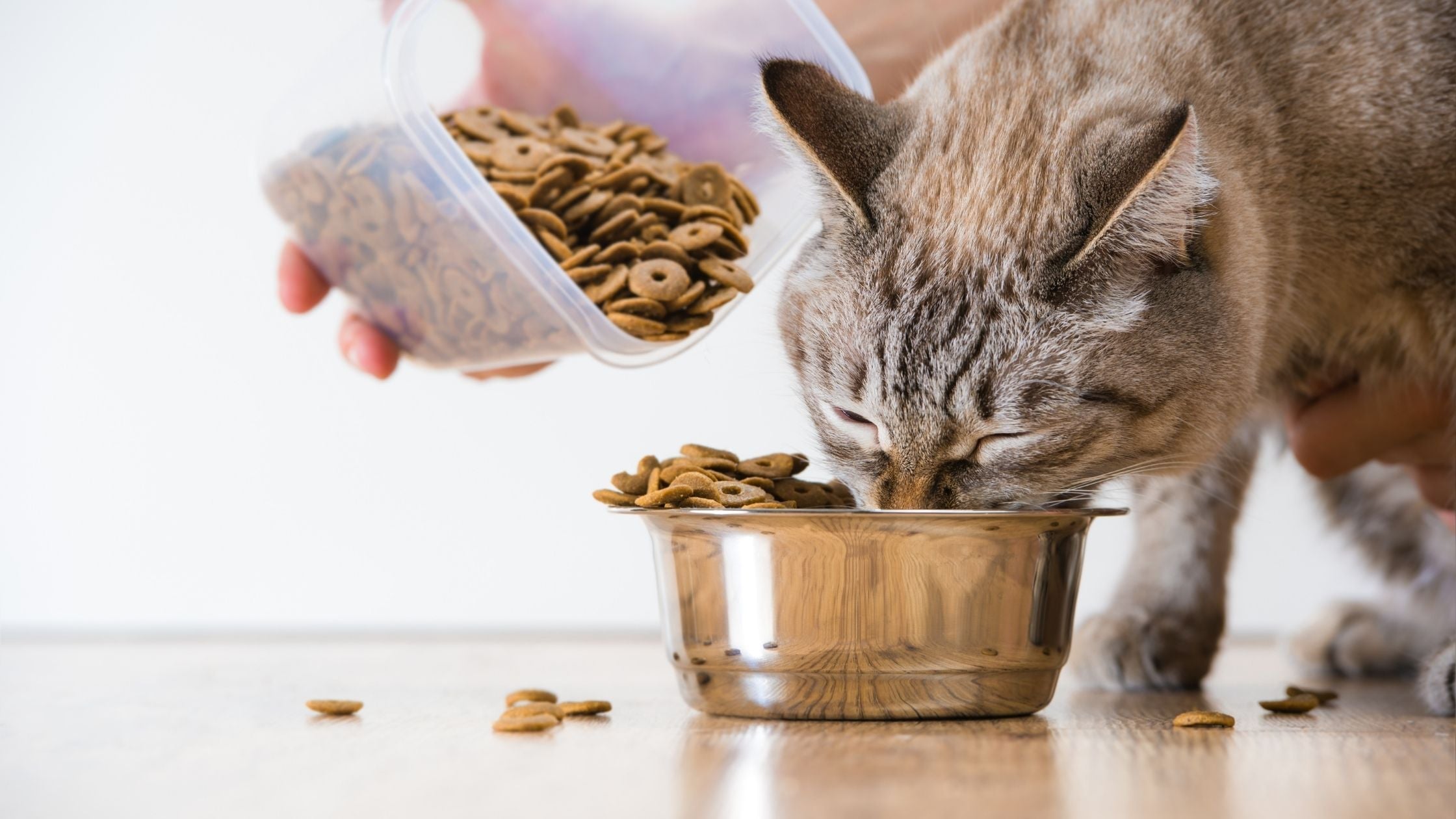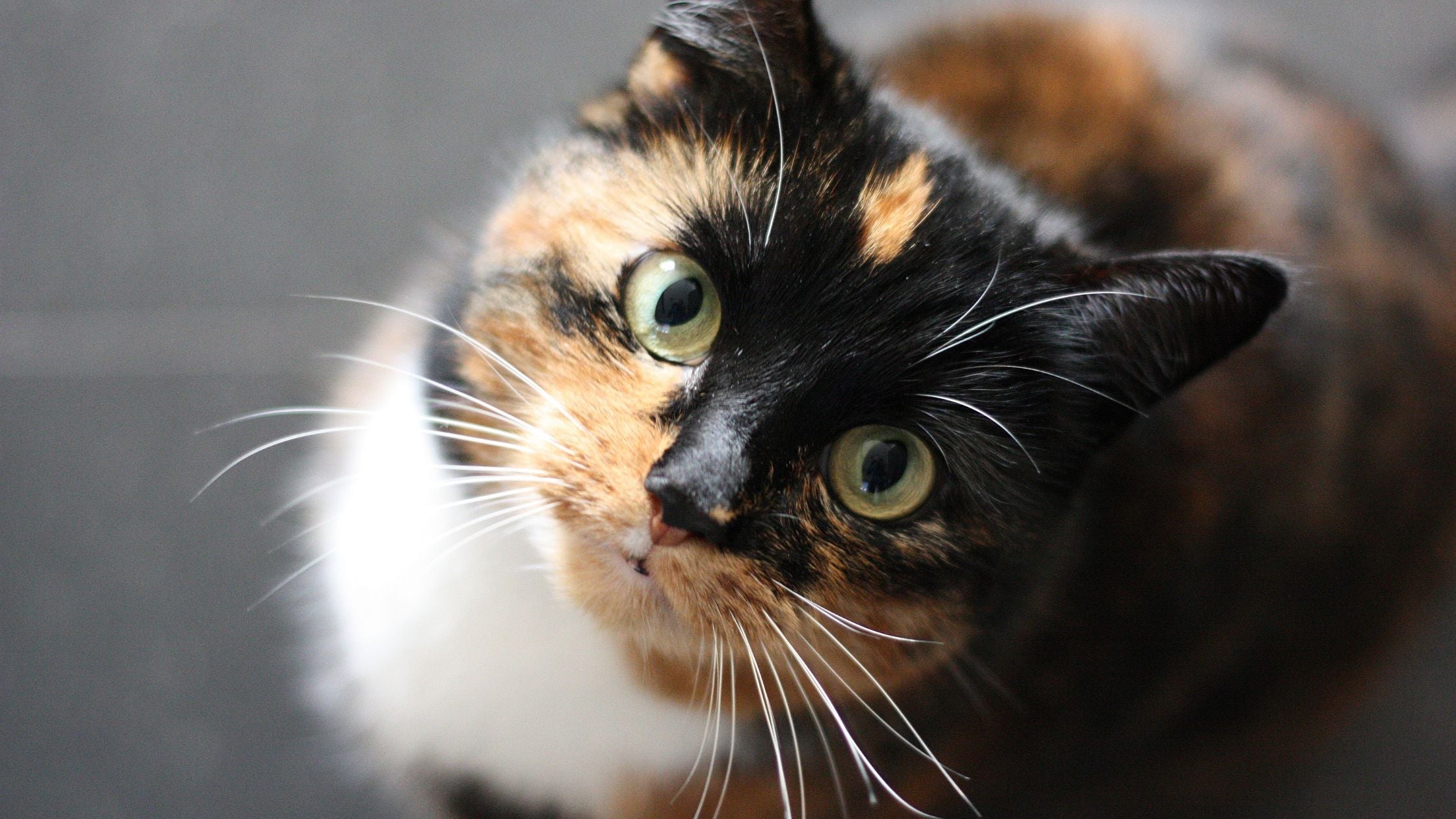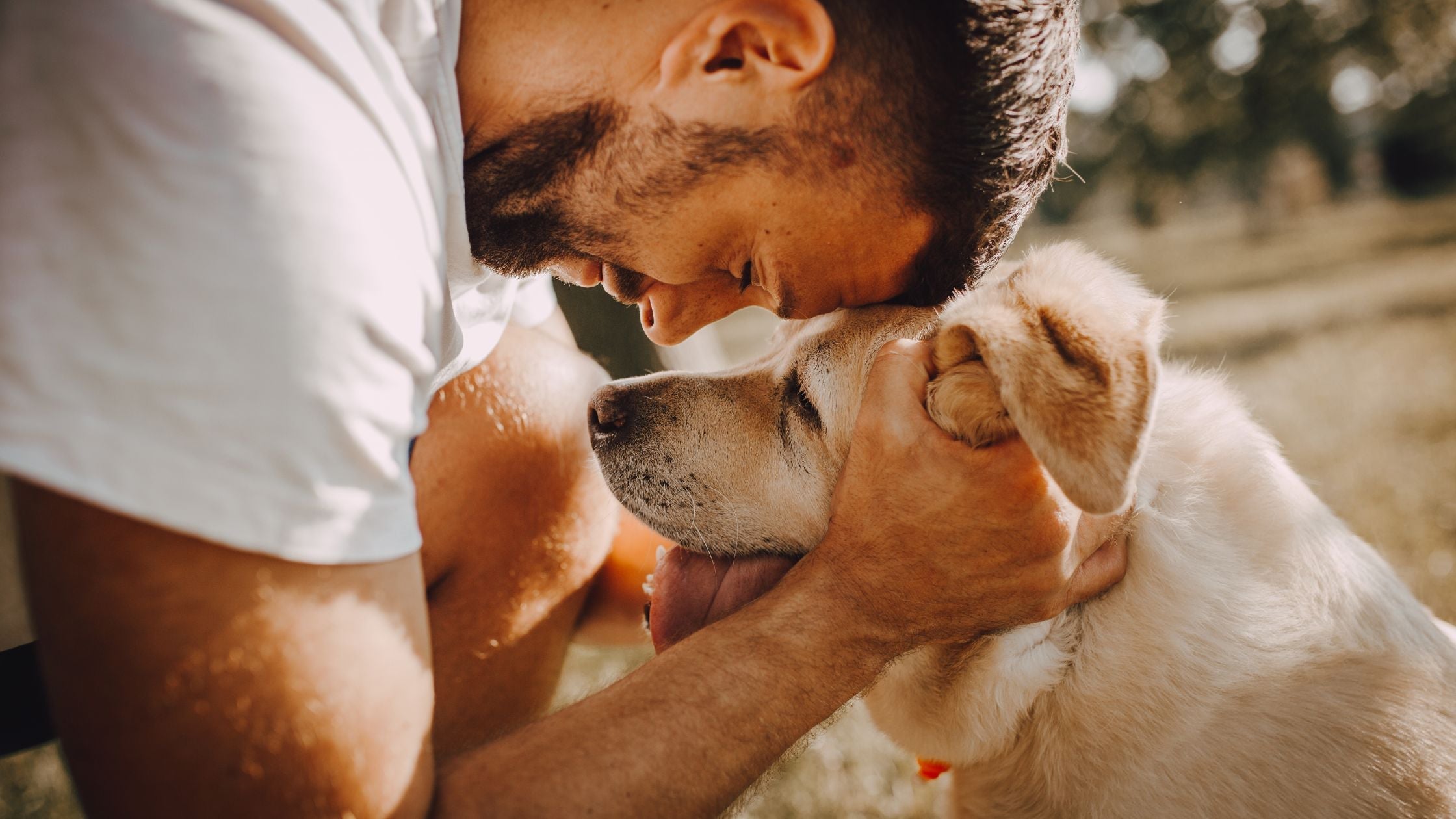Feeding an Overweight Pet: A Guide to Getting Your Furry Friend Back in Shape
Many pets in the U.S. are overweight; this handy guide unravels how to feed them properly. With expert advice, nutrition tips, and lifestyle changes, you can start your pet's weight loss journey today. Consult your vet, monitor their treats, and stick to a plan for a healthier, happier pet.
Did you know that most pets in the United States are overweight? Recent statistics from the Morris Animal Foundation revealed that approximately 56% of dogs and 60% of cats in American homes are overweight or obese.
Excess weight can result in a variety of health problems in our pets. If your furry friend has packed a few extra pounds, it’s not a bad idea to take action today and start them on the path towards a longer, happier, and healthier lifestyle. Here is our comprehensive guide to feeding an overweight pet and how you can help them maintain their ideal weight.
Is My Pet Overweight?
The first step to feeding an overweight pet is to determine whether or not they are actually overweight.
The easiest way to do this is by feeling their ribs and spine. If you can lightly press your fingers on these spots and feel bone landmarks, they’re likely sitting at an acceptable weight. If you can’t feel their ribs or spine, there may be some excess layers of fat they could do without.
If you’d like to be more specific, you can combine your pet’s Body Condition Score (BCS) and weight to estimate their approximate body composition and body fat percentage.
It’s important to keep in mind that your pet’s “ideal weight” is dependent upon their species, breed, and other physical and biological factors. If you need help determining your furry friend’s target weight, it’s best to set up an appointment with your veterinarian and ask for their input.
“Paw”esome Tips for Feeding an Overweight Pet
Consult Your Veterinarian
Before embarking on any weight management journey with your pet, it's crucial to consult your veterinarian. They can determine your pet's ideal weight and help create a tailored weight loss plan.
Your vet will also rule out any underlying health issues contributing to your pet's weight gain and provide guidance on appropriate calorie intake.
Choose the Right Food
Selecting the right pet food is the cornerstone of managing your pet's weight. Look for high-quality, balanced diets specifically formulated for weight management. These diets are often lower in calories but still provide essential nutrients.
Also, avoid foods with excessive fillers such as white rice, potatoes, corn syrup, or wheat as these ingredients may contribute to weight gain.
Measure Portions Carefully
Free-feeding or guessing portion sizes is one of the most common mistakes people make when feeding an overweight pet.
I highly recommend investing in a measuring cup and following the feeding guidelines provided on the food packaging. It’s one of the easiest ways to avoid mistakes and help your furry friend shed those extra pounds.
Consider a Pet Supplement
In some cases, a pet supplement formulated to support weight loss is an excellent addition to your companion’s weight loss journey. These supplements will not only help your pet feel full longer, but they add essential vitamins and nutrients to their everyday regimen.
Try supplements with ingredients like pumpkin, fish oil, and various fruits and vegetables.
Avoid Feeding Table Scraps
It’s tempting to treat our fur babies to a tasty treat straight for our plate, but table scraps are catalysts for weight gain. On top of that, most of our food is not suitable for pets and can even be toxic.
Stick to a regular feeding schedule with appropriate pet food, and resist the urge to give in to those pleading eyes during mealtime.
Utilize Interactive Feeders
Interactive feeders, such as puzzle toys or slow feeders, can help pets eat more slowly and feel fuller with smaller portions. Plus, these devices stimulate your pet's mind and can be an excellent way to manage their weight while simultaneously exercising those cognitive muscles.
Implement a Feeding Schedule
Establishing a regular feeding schedule helps regulate your pet's calorie intake and can prevent overeating. Feeding at specific times also allows you to monitor their food intake more effectively.
Monitor Treats and Snacks
Despite how much our four-legged friends love their treats, these snacks can quickly add extra calories to their diet. Look into low-calorie treats or consider using small portions of their regular kibble as treats.
Be mindful of portion sizes, and limit treats to reward-based situations or training sessions.
Gradual Weight Loss
Rapid weight loss in pets can be detrimental to their health. Aim for a gradual weight loss of around 1-2% of their body weight per week. This slow and steady approach is safer and more sustainable in the long run.
Regular Exercise
In addition to managing their diet, increasing your pet's physical activity is an absolute must for weight management and their overall health. Engage in regular playtime, walks, and other forms of exercise to help burn off excess calories and improve their physical and cognitive health.
Keep a Weight Loss Journal
Maintaining a journal to track your pet's progress can be highly beneficial for both you and your companion. Record their weight, daily food intake, exercise routines, and any other relevant observations. This documentation will allow you to adjust their plan as needed and celebrate their successes.
Be Patient and Persistent
As with any weight loss journey, the key is patience and persistence. There may be setbacks along the way, but with dedication and the right approach, you can help your pet achieve and maintain a healthy weight.
Supplements Your Pet Deserves
At Fera Pet Organics, we believe every pet deserves to be treated like family. That’s why we’ve created holistic pet supplements formulated with clean ingredients that not only address specific health problems but also support their overall health and well-being.
Be sure to subscribe to our newsletter for exclusive deals, new product announcements, more pet health tips, and much more.
Sources




